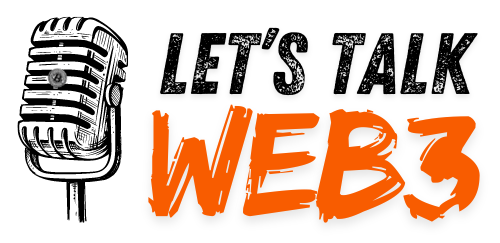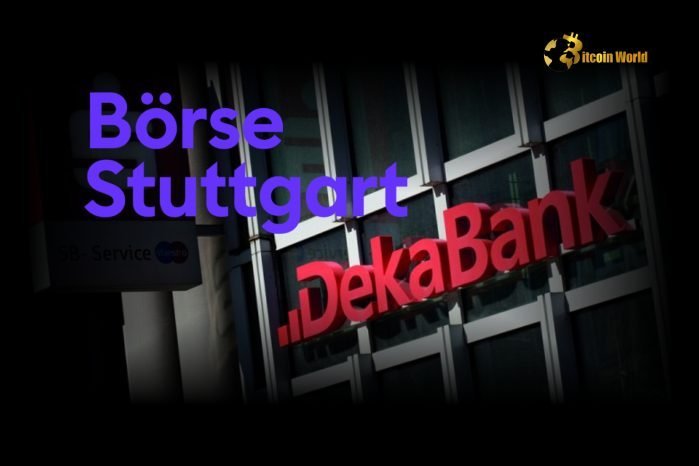Founded in 2008 by Jeff Atwood and Joel Spolsky, Stack Overflow was conceived as a platform where developers could ask and answer coding-related questions. It rapidly grew into the go-to hub for programmers to share knowledge, helping millions solve coding problems. Its community-driven model, based on votes and rewards, fostered collaboration and innovation, making it indispensable for developers worldwide.
Stack Overflow’s Business Model
Stack Overflow operates on a multi-faceted business model. While it started as a free, public Q&A platform, it has since diversified its revenue streams. The core of its monetisation includes:
Advertising: Through targeted ads for developers and businesses.
Stack Overflow for Teams: A subscription-based service providing private Q&A environments for businesses, streamlining internal knowledge sharing.
Job Listings: The platform became a key player in tech recruitment, connecting developers with employers. Stack Overflow’s growth has been underpinned by its shift towards offering premium services, with “knowledge-as-a-service” being its latest strategic approach.
Revenue Streams and Growth
Advertising and Stack Overflow for Teams have been significant contributors to the platform’s revenue. Teams, in particular, has seen increasing demand as companies prioritise internal knowledge management. Additionally, Stack Overflow has ventured into enterprise software, offering tools to optimise internal collaboration and development workflows.
Despite these expansions, the platform has faced challenges in recent years, particularly from AI advancements. While Stack Overflow’s revenue model remains sound, competition from AI-driven alternatives, including GitHub Copilot and OpenAI’s models, has become more prominent.
The Impact of AI on Stack Overflow
AI’s rise, especially large language models like ChatGPT, has significantly impacted Stack Overflow’s ecosystem. A study showed a 25% decline in user activity following ChatGPT’s release, as developers turned to AI tools for quicker answers. The convenience and speed of AI-generated solutions are outpacing the traditional Q&A format of Stack Overflow, particularly in areas like Python and JavaScript. As users increasingly rely on AI, there is less need to post questions or participate in discussions on the platform.
This decline poses a challenge for Stack Overflow. The platform’s strength has always been its rich database of human-generated knowledge. However, if fewer people contribute, the platform could face a “photocopy of a photocopy” problem, where AI systems trained on existing content may degrade in quality due to lack of fresh human input.
Is Stack Overflow Falling Behind?
Despite the challenges, Stack Overflow is far from obsolete. The company has recognised the importance of integrating AI into its business model. OverflowAI, launched in 2024, integrates AI-driven enhancements across the platform, offering tools that assist users in finding answers faster and automating knowledge discovery. By embracing AI rather than resisting it, Stack Overflow aims to balance human and machine contributions, keeping its platform relevant in the rapidly evolving tech landscape.
The platform’s business model is adapting to these shifts, focusing on “knowledge-as-a-service” and AI integration. However, it will need to continue innovating to remain competitive as AI grows more powerful.
The Future of Stack Overflow
As AI’s role in development increases, Stack Overflow faces a critical moment. Its future success may depend on its ability to harness AI without losing its community-driven essence. Encouraging human contributions, while leveraging AI tools to improve user experience, will be key to navigating this transition. The platform’s hybrid approach of blending traditional Q&A with AI-powered solutions could be the key to its sustained relevance in the tech world.
In summary, while AI has disrupted Stack Overflow, the platform is evolving with the market. It remains a vital resource for developers but must continue to innovate to maintain its edge in the AI era.





